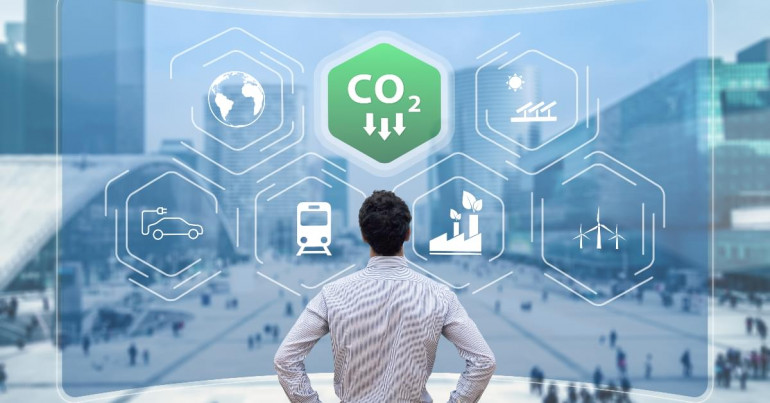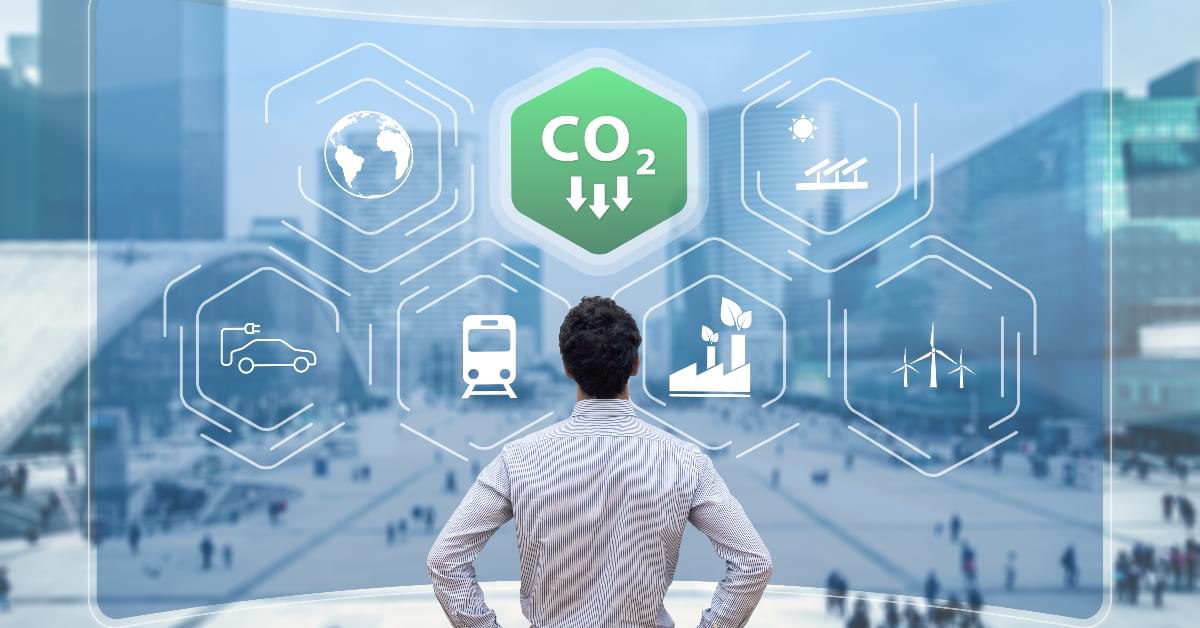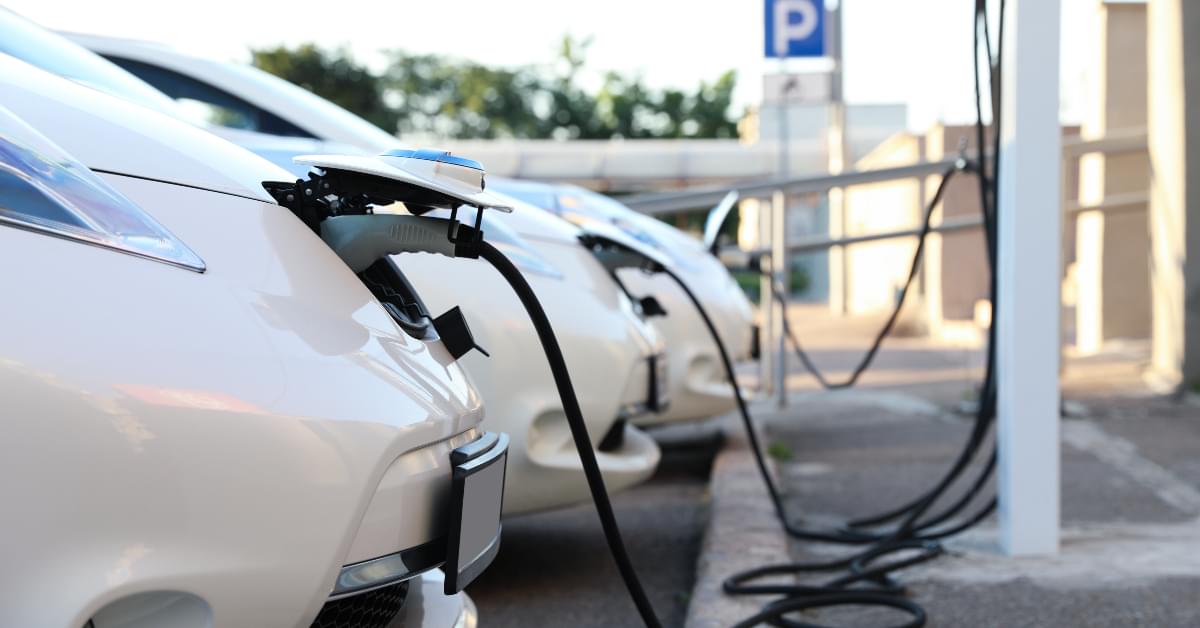
The green economy aims at reducing environmental risks and creating sustainable development without degrading the environment. A green economy also looks at ways of better deploying public and private investments, enhancing energy and resource efficiency.
Several countries are making a conscientious effort to become more green and sustainable. We will be discussing why in further detail within this article.

Factors contributing towards the move to the green economy
Climate change
Climate change has continued to have an impact on the global environment. Carbon emissions have contributed towards greater climate change, which has caused extreme weather conditions to occur. As a result, there has been an increased effort to combat climate change and introduce various initiatives to lower emissions. These include reducing individual carbon footprint and investing more into renewable energy.
Economic benefits
There are economic benefits of going green for countries. This includes new job opportunities and greater investment within traditional sectors. Additionally, environmental jobs also aim at protecting and promoting the environment, or those which consider their impact on the planet often and endeavour to minimise it. Over the last decade the green economy’s market capitalisation grew from $2 trillion in 2009 to over $7 trillion in 2021. As a result, there is greater opportunity for companies to further invest into green for both profit and charitable organisations.
Sustainability and technological advancements
The Covid-19 pandemic had a major impact on the global economy affecting both the volume and structure of energy demand. Employment within this sector has been affected by the different types of restrictions applied. This has resulted in added pressure on supply chains and limitations of economic activity.
There are both benefits and challenges for countries to invest more into the green economy. Nonetheless, sustainability and technological advancements are enabling a greater number of countries to further invest into the green economy.
Which countries are proactively investing into the green economy?
In 2022, Iceland, Denmark and the Netherlands are the countries most prepared for a low-carbon future, according to a new report. Other countries making up the top 5 of the Green Future Index 2022 report are the United Kingdom and Norway.
The index is a ranking of 76 economies published by MIT Technology Review Insights. It measures how countries are reducing their carbon emissions, developing clean energy and innovating in green sectors. The research also looks at environmental protection and government climate policies.
1. Iceland
Iceland is one of two European countries which generated more electricity from renewable sources than it consumed. It’s ranked number 1 for carbon emissions and number 2 for clean innovation within the Green Future Index 2022. Iceland’s economy is now run on 85% renewable energy and they’re on the path toward 100%.
Iceland has invested a great deal of resources around sustainability with the goal to be carbon neutral by 2040. Green by Iceland is promoting their country’s sustainable and renewable energy solutions and expertise. This is to help other economies and businesses more rapidly shift to prevent the devastations of climate change in time.
2. Denmark
Denmark has been proactive in its efforts to invest into sustainable energy and becoming more green as a result. An example of this is GreenLab which is part of a broader decarbonisation effort throughout Denmark. GreenLab generates green and sustainable energy which contributes positively to the environment. In particular, the energy systems which GreenLab have put in place is based around the circular economy, with the aim of prolonging a product’s life cycle.
Denmark is making a concentrated effort to transition into a green economy and are climate policy leaders within the space.
3. Netherlands
The Netherlands is recognised as a green transportation leader, particularly in public transport. An example of this is passenger trains using clean power since 2017. The Netherlands government has made agreements with a number of sectors to reduce greenhouse gas emissions. An agreement states that all Netherlands buses must run on 100% renewable energy or fuel from 2025 and be emission-free by 2030.
4. United Kingdom
The UK is deemed as a global leader in renewables generation. The UK renewable energy market is attracting both domestic and foreign investment. For instance there has been significant investment into the offshore wind manufacturing sector in 2022. The Bank of England has also put climate and environmental risk at the heart of its mandate, and is a global leader on sustainable finance.
5. Norway
Norway can be described as a sustainable country. This has been achieved through various measures. These include shifting transport to be mostly electric, establishing recycling initiatives, and investing resources to keep nature as free of pollution as possible.
Norway has already begun the transition to a circular economy. An example being the business sector has prepared roadmaps for green competitiveness in various areas, including the waste management sector, retail and wholesale trade in addition to the packaging industry.

Main green economy sectors countries are investing into
One of the biggest sectors which is being invested in is food. As the transportation and ingredients used in food can have a negative impact on the environment, it’s a main focus area for many countries. For instance, the UK food industry is moving towards eco-labels as a way to monitor the environmental impact of particular food. The production, distribution and consumption of food can all have an impact on the environment throughout the supply chain. Therefore, it’s essential for governments to work within the food industry with the aim to lower the environmental damage caused by the food supply chain.
Another area which has been a big focus for European countries is transportation. Transitioning to electric vehicles has the benefit of lowering greenhouse gas emissions and air pollution. A major benefit of electric cars is the contribution they can make towards improving air quality in towns and cities. With no tailpipe, pure electric cars produce no carbon dioxide emissions whilst driving. Due to this air pollution is reduced considerably.
What legislation deals have been introduced to progress the green economy?
European green deal
The European Green Deal which was signed in December 2019 presents a roadmap for making the EU’s economy sustainable. This will take place through turning climate and environmental challenges into opportunities across policy areas and making the transition fair and inclusive. The European Green Deal aims to boost the efficient use of resources by moving to a clean, circular economy and cutting pollution.
In addition, The European Green Deal covers all sectors of the economy, which includes transport, energy, agriculture, and industries such as steel, ICT, textiles and chemicals.
UK Environmental deal
The UK Environmental deal is a new framework for protecting the environment. The legislation will aim to protect and enhance the UK environment, now passed into UK law. As a result, the UK government will be attempting to clean up the country’s air, restore natural habitats, increase biodiversity, reduce waste and make better use of resources.
Firstly, it will enable the UK to transition to a more circular economy by incentivising people to recycle more. Secondly, it encourages businesses to create sustainable packaging for households and makes recycling easier whilst limiting the export of polluting plastic waste to developing countries.
Use CurrencyTransfer for sustainable finance payment options
The green economy has garnered greater attention and investment over recent years from governments and businesses. For companies who are investing into the green economy, finding efficient ways to purchase new equipment, invest in new technologies or pay international suppliers is key. At CurrencyTransfer we provide a convenient and cost-effective service, for all of your international business transactions needs.
Our dedicated relationship managers can also provide expert advice and support throughout the payment transfer process. Feel free to contact us if you have any questions as we would be happy to assist.
Omari Coates
Copywriter
Florence Couëdel
Editor



